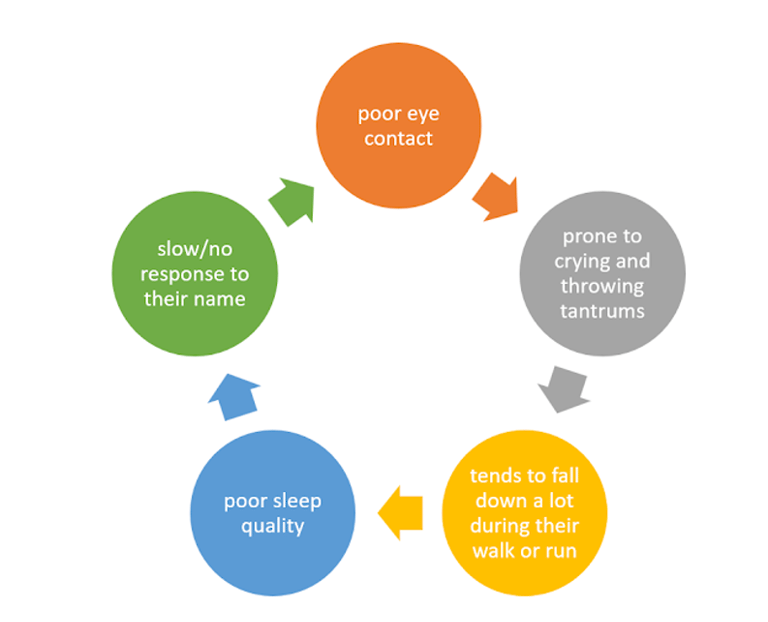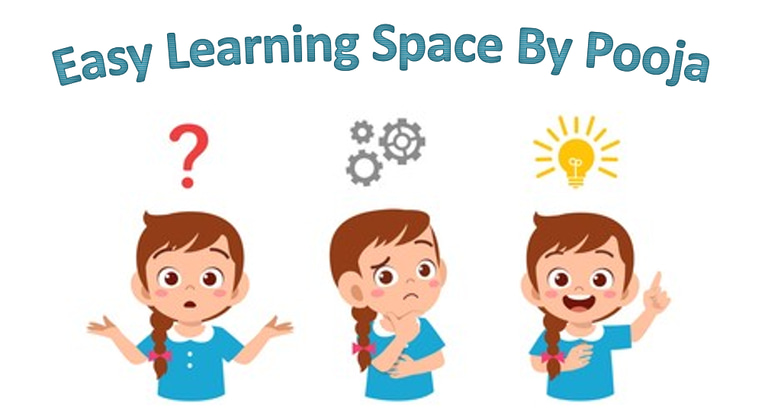Autism Vs Speech Delay
What is the difference between Autism and Speech delay? What are the symptoms? How equipped must a parent be in handling these situations
Pooja
11/11/20222 min read
I read this somewhere "If children cannot understand what we are trying to communicate, then, it is not their problem but ours. We must start communication in their way".The best gift you can give your child is your undivided attention, quality time and a happy mind and face.
Children bloom positively in such environments. The biggest issue seen in young toddlers is the delay in speech. This is the most common experienced problem among children in the 21st century. If you think of it, during our childhood we hardly noticed any children experiencing difficulty in speaking. At the most we came across children who had some issues with stammering.
Generally, a toddler starts babbling at the age of 10 months starts with words by the age of 1.5 years
Repeats after you or echoes your words almost on completing two years by 2.5 or max 3 years old, children have to develop complete speech or almost 80% of their speech. Note: These notions are built generally and can also vary child to child. Important points to notice "Children will eventually reach their milestone" is a very casual approach taken by the new parents especially the elders in the family. It is an age-old belief that boys tend to speak late, and girls speak faster. That is no more the case my friends, children need to achieve basic milestones and monitoring their growth especially during their early years is most important.
Listed below are the signs you might notice in children who have had considerable speech delay.
Not every child who has had delayed speech is suspected to be autistic. There is a huge bandwidth and clinical process to determine that. And in India nobody can label the child autistic until the child reaches the age of 7.
Each child is different, and their journey is different. If you notice such signs DO NOT PANIC or obsessively google the symptoms. It is not healthy (speaking from my own experience). During their early childhood, children learn everything through their senses. Through their eyes (by seeing) ears (by listening), smell (inhaling, sensing, recognizing something by its smell), touch and feel of objects.
Focus on development of these sense organs in children.
Help them to recognize, name and describe every single thing they see (development of vocabulary, imagination and creative thinking)
Teach them the names of vegetables, fruits and different food items along with giving them experience to smell the objects
Help them to touch and feel rock, cotton, mud, soil, hot surfaces, cold surfaces, make them walk on different textured ground (barefoot)
Note : Kindly notice that not all children are accepting towards these experiences. Some children are highly uncomfortable with loud sounds like pressure cooker, temple bells and even loud voices at home. Kindly be sensitive towards children and respect their choices. It is important to show them respect and acknowledge them. This plays a huge role in building their self-esteem.


Address
Pooja
Bangalore
Contacts
easylearningspacebypooja@gmail.com
Subscribe to our newsletter
This blog is for educational purpose only
All the information on this website – www.easylearningspace.com – is published in good faith and for general educational and informational purposes only. I aim to provide helpful teaching tips and resources, but I make no warranties about the completeness, reliability, and accuracy of this information.
Any action you take upon the information you find on this website is strictly at your own risk. I will not be liable for any losses
